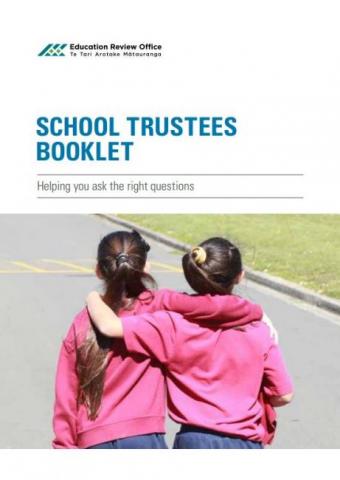School Evaluation Indicators
Published: 31 Mar 2021
The Education Review Office (ERO) first introduced evaluation indicators in 2003, revising them in 2010. This new version reflects a deepening understanding of how schools improve, and the role that evaluation plays in that process. It also reflects a strengthened relationship between ERO’s approaches to evaluation in English-medium and Māori-medium settings. It supports external and internal evaluation of schools.
- Audience:
- Education
- Schools
- Content type:
- Basic page
- Topics:
- Evaluation indicators
- Indicators
















